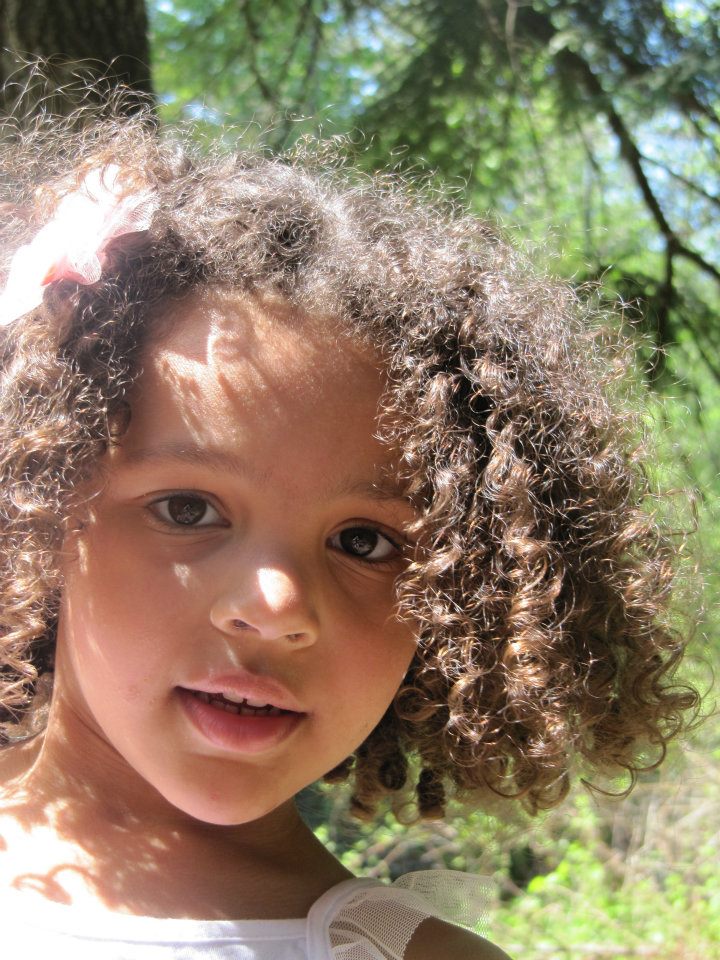As a parent coach, I hear all sorts of thoughts and ideas that just don’t hold up to the current research on child-development and attachment, but some of these myths have been handed down from generation to generation for so long that we can forget to question them. Here are the 7 parenting myths that bother me the most:
1. Kids Can’t Be Trusted
In my work as a preschool teacher, I’ve worked with hundreds of children and I’ve never met a child who wasn’t trustworthy. Children will rise to our expectations of them and I’ve noticed that when I expect them to follow through on their commitments and do what they say they will, I get excellent results.
If you’ve been thinking that your child isn’t trustworthy, ask yourself how you can support the innate trustworthiness inside every child. You could try making it easier for your child to keep his commitments by setting up systems that remind and help, instead of blaming or shaming him when he makes a mistake. After all, everybody makes mistakes, it’s a huge part of learning!
2. Discipline Equals Punishment
I sure wish these two words weren’t as conflated as they are in our culture. Punishing children is both inappropriate and ineffective. Discipline on the other hand is absolutely essential. Self-control, self-discipline, and self-determination are the result of appropriate and compassionate discipline.
Discipline means setting clear boundaries, and being flexible within those boundaries. It does not need to include threatening, coercing or constantly forcing our will upon our kids. And it certainly doesn’t require overt or covert physical or emotional punishments.
Yes, time-out and counting to three can be used as punishment. The tone of your voice and the energy you’re projecting can make a huge impact on how your communication will be received. I’ve seen moms use innocuous phrases to threaten and just the other day I realized that something I said to my daughter could have been a threat if I’d used a different tone.
I think that mutual respect is the key to effective discipline. So this week, check in with yourself about the kind of energy your projecting and do your best to express your highest intentions, rather than getting stuck in the muck of using threats, coercion and punishment to get kids to do what you want.
3. Breastfeeding is Embarrassing
Breastfeeding is one of the most important and beautiful gifts we can give to our infants, if we’re able. It is not embarrassing or sexual in any way to nurse a baby or toddler. Breastfeeding is without a doubt the best nourishment for babies. It also provides the bonding and comfort that infants need in order to develop healthy relationships and emotion regulation skills. How is any of that offensive? Yes, breasts are involved. In fact, news flash: breastfeeding is the PRIMARY FUNCTION of breasts.
Sure you can try to use a cover, but my daughter would never accept a cover, she found it far too distracting. Yes you can try to nurse at home, but sometimes your baby will be hungry when you’re not at home. Yes, cars are more private, but less comfortable, and there were times when I nursed in a car that I felt like I was hiding. I think it’s time to normalize breastfeeding again. Surely an all natural food source should not be denied to our children because other people are uncomfortable with the sight of a breast.
4. Co-sleeping Means No More Sex
Without getting too graphic, let me just say that I have co-slept with my daughter for the past three years and my husband and I are having the best sex of our marriage. And no, we DO NOT have sex in the bed when our daughter is there.
Instead, I’ve co-slept with her in HER bed and we’ve reserved our bed for adult time, except for the occasional morning family snuggle. There are lots of ways to arrange co-sleeping. None of them need to involve sex in bed with a child present and all of them allow for lots of fun sexy adult time in places other than where your child is sleeping.
5. It’s Inappropriate to Show Emotion In Front of Kids read more





